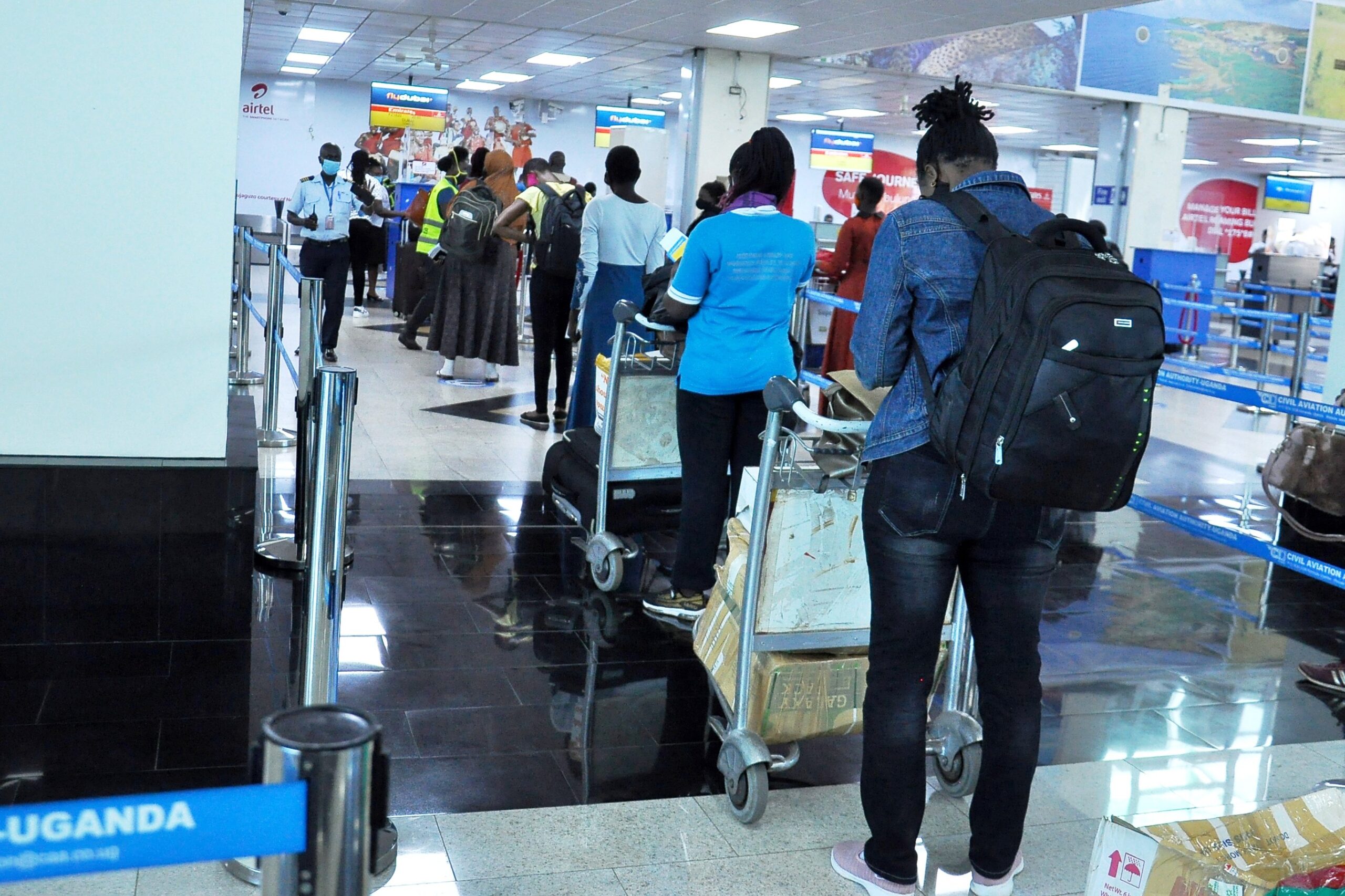Traveling to Uganda: Essential Uganda travel Tips for Exploring Uganda’s Top Tourist Attractions
Traveling to Uganda offers an unforgettable adventure with its stunning landscapes, diverse wildlife, and vibrant culture. To help you make the most of your journey, here are some essential tips:
Health and Safety
Vaccinations: Stay updated on routine vaccines and ensure you get the mandatory yellow fever vaccination for entry. Other recommended vaccines include Hepatitis A, Typhoid, and Rabies.
Malaria Prevention: Malaria is prevalent in Uganda, so take prophylactic medication, use insect repellent, and sleep under mosquito nets to stay safe.
Travel Insurance: Ensure you have comprehensive travel insurance that covers medical expenses and evacuation if necessary.
Visa Requirements
Visa Application: Most visitors to Uganda will need a visa. You can apply online for an e-visa or get one upon arrival at Entebbe International Airport.
East Africa Tourist Visa: If you plan to visit Kenya and Rwanda, consider the East Africa Tourist Visa, which allows for multiple entries within these countries.
Money Matters
Currency: Ugandaís official currency is the Ugandan Shilling (UGX). Itís advisable to carry cash, as credit card facilities are limited outside major cities.
ATMs and Currency Exchange: ATMs are available in urban areas, though they may not always be reliable. For better exchange rates, exchange money at authorized bureaus or banks.
Transportation
Domestic Flights: For long distances, consider flying with one of Ugandaís local airlines.
Public Transport: Matatus (shared minibuses) and boda-bodas (motorcycle taxis) are common, but be sure to negotiate fares in advance.
Car Hire: For a more comfortable and safe experience, renting a car with a driver is recommended.
Accommodation
Range of Options: Accommodation in Uganda varies from budget hostels to luxury lodges. Be sure to book in advance, especially during peak tourist seasons.
Location: Choose accommodation near national parks for a better experience, especially if youíre planning safaris to explore Ugandaís top tourist attractions.
Cultural Etiquette
Greetings: A handshake is the most common greeting. Address people with formal titles and surnames.
Dress Code: Dress modestly, particularly in rural areas, and cover your knees and shoulders when visiting religious sites.
Photography: Always ask for permission before photographing people or cultural landmarks.
Wildlife and National Parks
Gorilla Trekking: Donít miss gorilla trekking in Bwindi Impenetrable National Park or Mgahinga Gorilla National Park, two of Ugandaís top tourist attractions. Make sure to book your permits in advance.
Other Parks: Uganda is home to Murchison Falls, Queen Elizabeth, and Kidepo Valley, offering diverse wildlife experiences.
Guides: For safety and to enhance your experience, always hire registered guides for safaris and treks.
Local Cuisine
Traditional Dishes: Try Ugandan dishes like matoke (steamed bananas), rolex (chapati with eggs), and luwombo (meat or fish steamed in banana leaves).
Water Safety: To avoid waterborne illnesses, stick to bottled or boiled water.
Connectivity
SIM Cards: For better connectivity, purchase a local SIM card from providers like MTN or Airtel.
Internet Access: Wi-Fi is available in hotels and some public spaces, but it may be slow or unreliable in remote regions.
Responsible Travel
Eco-Tourism: Support eco-friendly lodges and tours that contribute to conservation efforts and local communities.
Respect Wildlife: Follow park guidelines and rules to minimize your impact on wildlife and their habitats.
By keeping these Uganda travel tips in mind, youíll be prepared for an enriching and safe journey to explore Ugandaís top tourist attractions.



